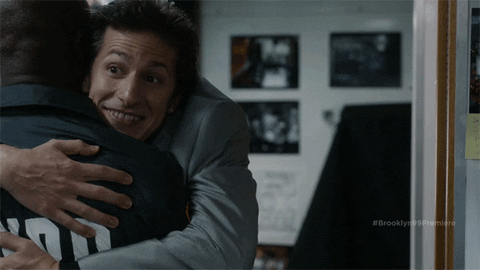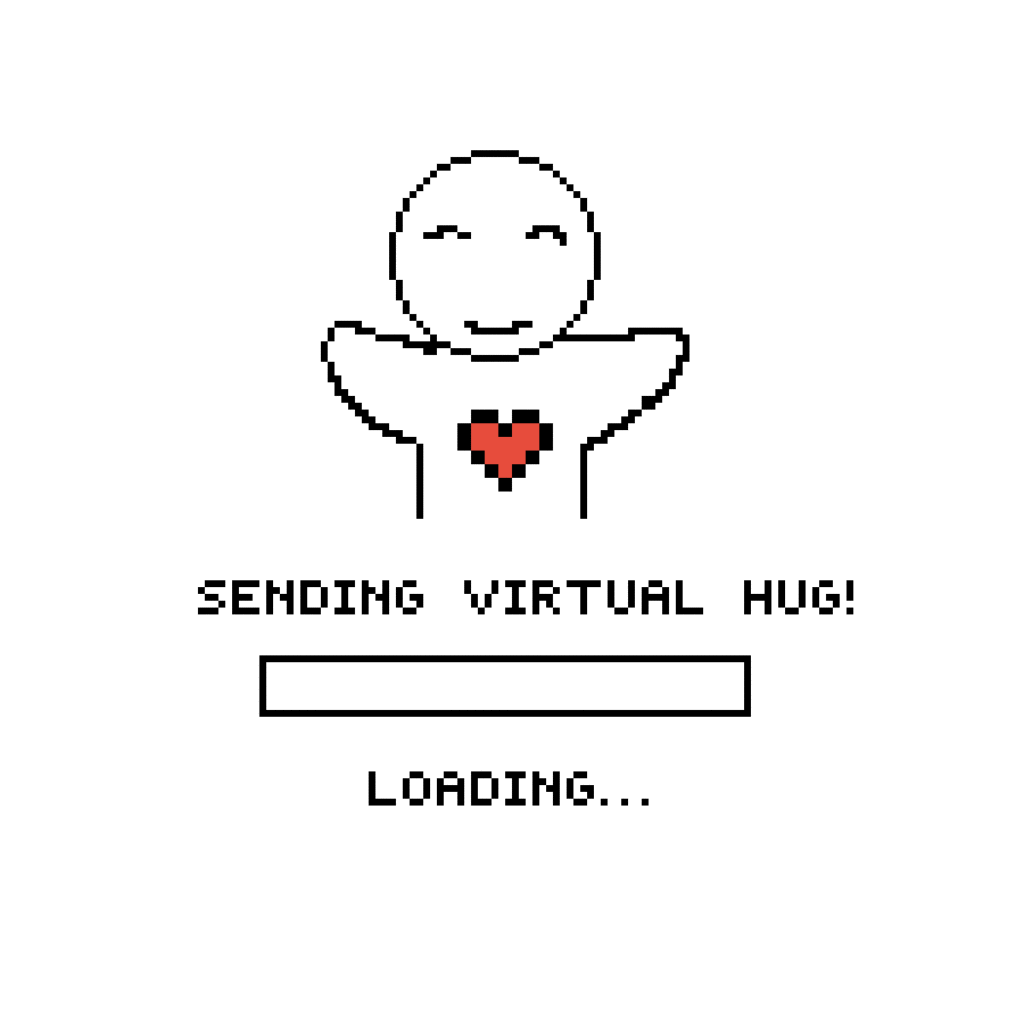When I saw this number released this week, I was shocked. This month that number increased by almost 250,000! The 2.9M number represents 29% of all unemployed workers. I found myself asking, Why and How? How can someone who wants to work be unemployed for one year?
Being someone who is in the business of hiring people my gut reaction wants to say, “well, these people must not really want to work!” But that’s a cop-out and mostly ignorant way to think about it. The truth is, there are 2.9 million reasons why 2.9 million people remain unemployed for a year or more!
If we could easily go to each of these 2.9 million people who have been unemployed for at least a year I think we would start to hear some common reasons:
- Pandemic related reasons: They have medical issues that make it very dangerous for them to return to the type of work there were doing prior, and possibly they are also concerned over an experimental vaccine that could protect them, or even that the pandemic shuttered the work they do, and it still has not come back. Childcare issues do to normal school and after-school programs not running as usual.
- Pivot Reasons: We talk about “Reskilling” all the time but we don’t truly talk about the logistics of truly reskilling yourself. I was employed as an “X” and because of whatever reasons I left the workforce to reskill because I now want to be a “Y”. Maybe this was of their own doing, maybe this was pandemic related, etc. Some probably are unemployed because they lost their job and decided to go back to school.
- Executive Positions: There is a lot of data around how long it takes someone to find a job the higher up in a company or your salary is. At a VP level for large organizations, on average it takes six to twelve months for people to find their next position after a job loss, at that same level. This is simply do to the fact that very few of those positions come up, so there’s a waiting game that takes place.
- Retirement: For a number of reasons I made the decision to retire, but because it’s to my benefit to not actually retire, and claim unemployment, I now get this soft landing going into retirement by taking advantage of extended unemployment benefits, etc.
- Stimulus and Extended Unemployment Benefits: Let’s not be naive and act like this doesn’t have an impact as well. It does, but probably not to the extent that most people believe. If I can make more money not working than working, well many people will decide to ride that out as long as possible. Some would even find that you know after doing this for 6-9 months, maybe our family can actually live on one income for a while, etc.
- Habitual poor performers: Have you ever noticed that some folks just aren’t good at working, any job, ever! For whatever reasons, these folks just are not wired to work. They constantly get fired, and eventually it’s really hard for them to get a job. Could be cognitive issues, mental health issues, drug and alcohol issues, etc.
What I know is having 2.9 million workers out of the workforce for a year, is a problem for US companies. We need those individuals, or at least we need those within the 2.9 million capable of working, to return to the workforce in whatever capacity they can!
The unemployment rate currently sits at 5.9% that is still rather high as compared to early 2019, but actually not very high historically. Those of us in HR and TA figure that once you get below 5% unemployment, you have slim pickings when it comes to talent, for many of the reasons listed above. Within that 5% or less, many of those folks just don’t want to work, or can’t work, in the jobs we have open.
Currently within the US today we have one open job for every unemployed worker, but as we all know, those jobs are not aligned in a way that we can fill those jobs with those who are unemployed.
If you are one of those folks who have been unemployed for a year or more, I would love to hear your reason and see if it aligns with mine above. Hit me in the comments!






